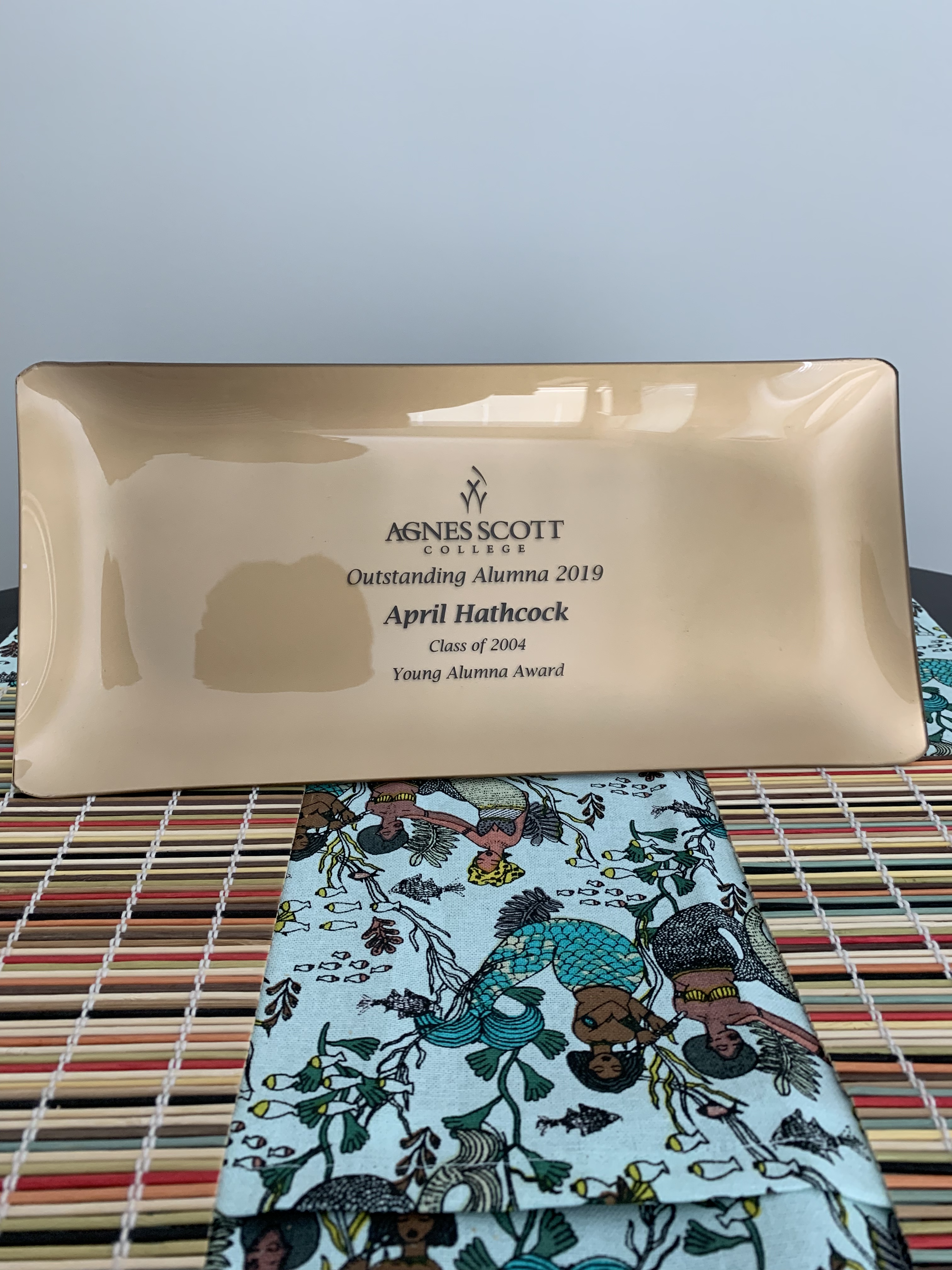Goodbye, ALA
Over six years ago, I decided to run for the Council of the American Library Association because I wanted to see how the organization was run, Council being the Congress of the organization.
Today, I just completed my last ALA Council session.
I first decided to run for ALA Council after going with a couple of other Spectrum Scholars and early-career BIPOC library workers to sit in on what was listed as an “open” session of an ALA governance group at ALA Annual 2013 in Chicago. We sat in the small hotel conference room, grabbed some drinks, and waited for the session to start. And waited. And waited. Finally, after about 20 minutes, a group of White women (yes, all White, all women-presenting) came in and immediately shooed us out: “Sorry, this is a closed meeting. The scheduler is wrong. You’re not supposed to be in here.” In a desultory nod to too-little-too-late politeness, one of the women, an ALA staffer, tossed her card at us on our way out when we mentioned being Spectrum Scholars. But that was it. We were Black and Brown and not invited to continue to sit down.
That was my intro to ALA governance. Two years later, I ran for ALA Council. Six years after that, I finished my second and last term. And not much as changed since.
Having gotten a glimpse into the inner workings of the organization, I’m more convinced than ever that ALA has always been and will always be centered on promoting the “neutrality” of white supremacy and capitalism. Despite the endless working groups and task forces aimed at the contrary, there is no interest in changing the organization. Despite the continuous parade of hard-working BIPOC leaders who seem to get sucked into the org and—once their work has been fully taken advantage of—spit back out of the org, there is no interest in making the organization more welcoming to those who do not represent the 87% of White librarians in the profession. ALA is what it is and it will remain what it is.
Don’t get me wrong, I respect those who have been and continue to fight to make the organization a better space. I honor their belief that meaningful change is possible. I just don’t see it ever happening.
This is an org that repeatedly states a commitment to diversity and inclusion and equity as part of its Core Values but still shies away from any actions that hold itself, the libraries for which it claims to advocate, or the government from which it gladly begs and receives funding, accountable.
An org where being quiet and nice and patient is of more value than fighting strenuously for the rights to humanity that so many are denied.
This is an org where the newly (and finally) enacted Code of Conduct is centered on tone-policing the personal social media of those frustrated with the org, most of us BIPOC, rather than engaging in meaningful action to address the micro- and macroaggressions that occur regularly in ALA physical and virtual spaces.
An org with failing finances where high dues and conference registration rates go into inviting overpriced vendors and oppressive government entities into our spaces, while full-time staffers are underpaid, overworked, and furloughed, and volunteer labor is exploited to get business done.
This is an org where the workers of the profession continuously ask “What have you done for me?” and continuously get told their opinions don’t matter unless they pay dues and maintain carefully tone-policed “niceness” in their interactions.
An org that nonetheless wonders why its membership numbers are steadily declining.
This organization is not an organization for me. If I want to put my efforts toward improving the profession and making it more welcoming to those not part of the majority demographic, ALA isn’t the place to do that work. And this is nothing new: bureaucratic organizations have never been sites of liberation, and frankly, they never will be.
I’m glad to be done with my time with ALA. And I’m glad to be able to put my hard-earned time, effort, and money toward more worthwhile groups and efforts, in particular groups and efforts dedicated to seeing BIPOC, and other historically excluded groups, in the profession thrive. Groups and efforts like We Here, WOC + Lib, Green Book for Libraries, just to name a few.
In the meantime, goodbye, ALA. I wish you could’ve been better.



